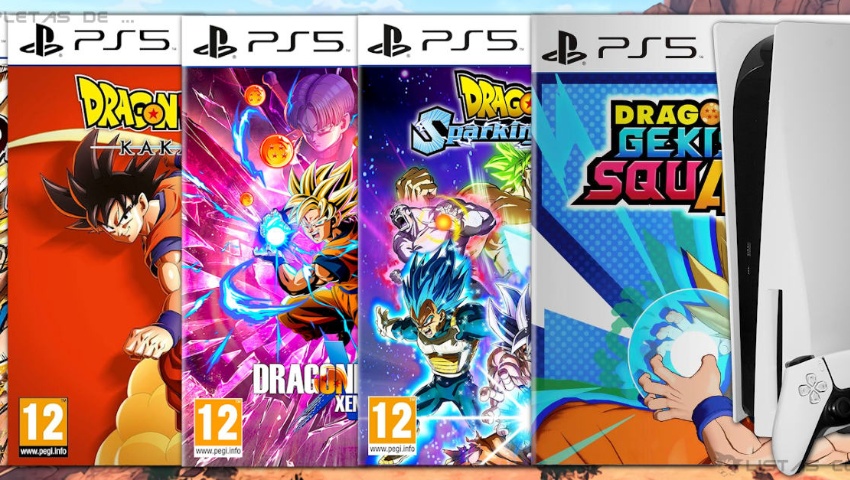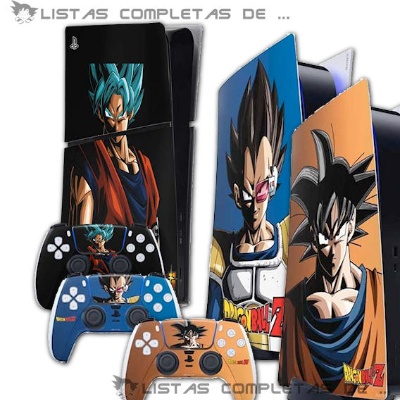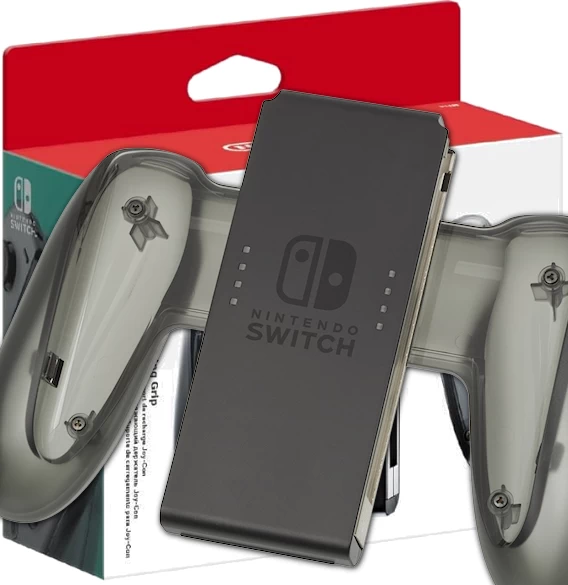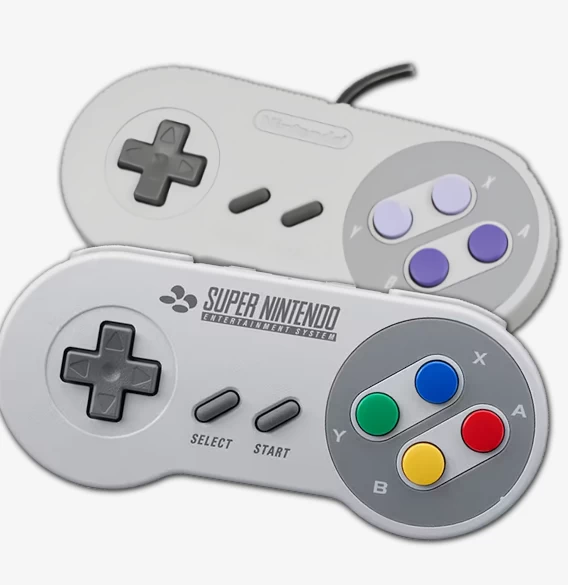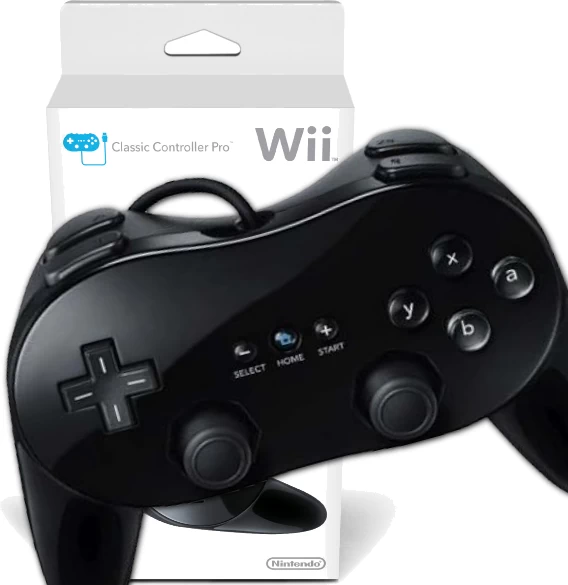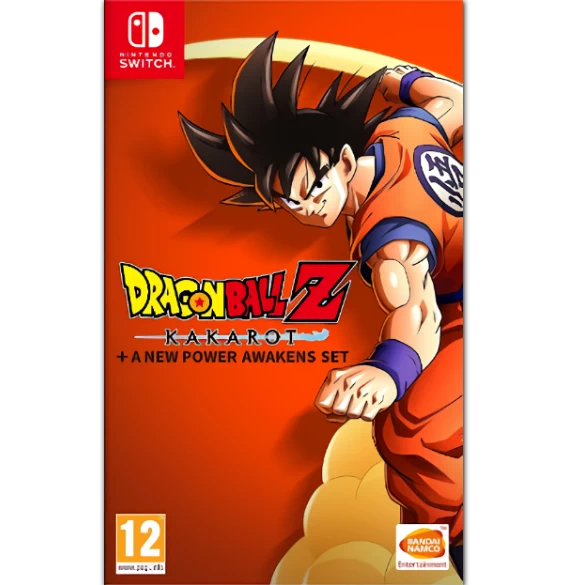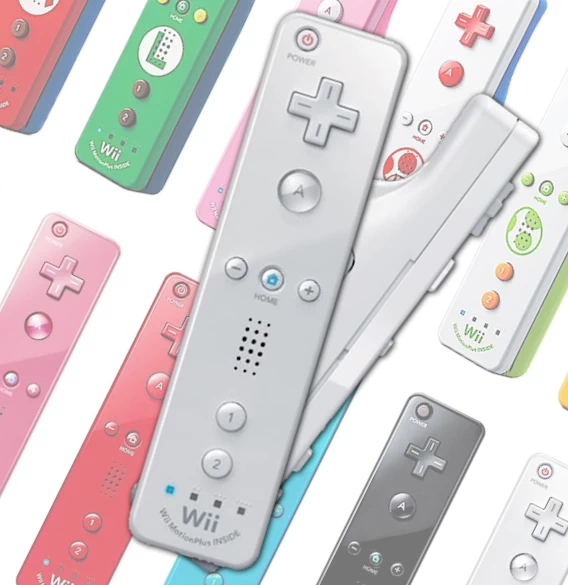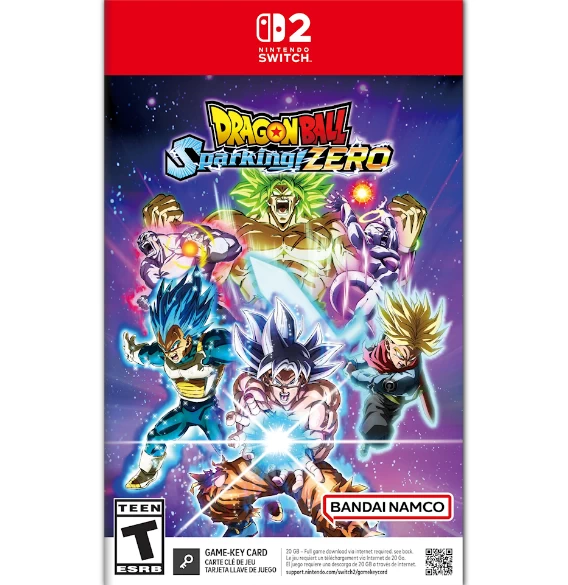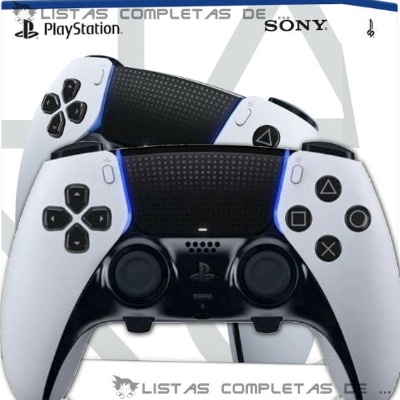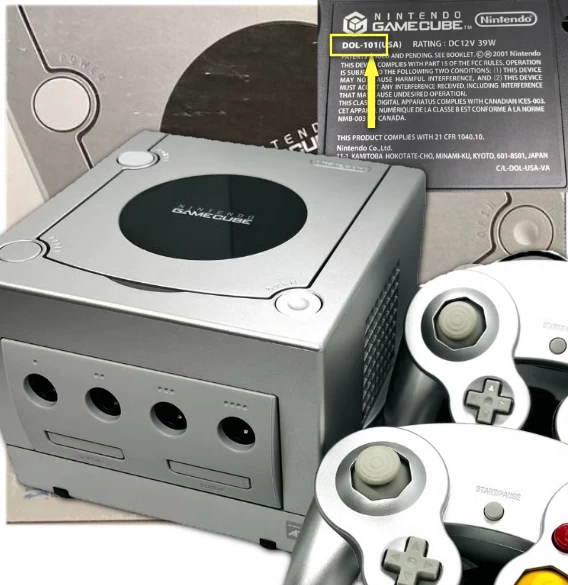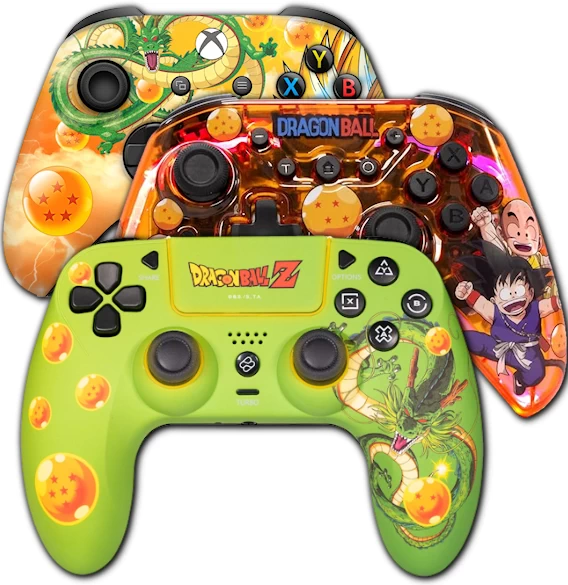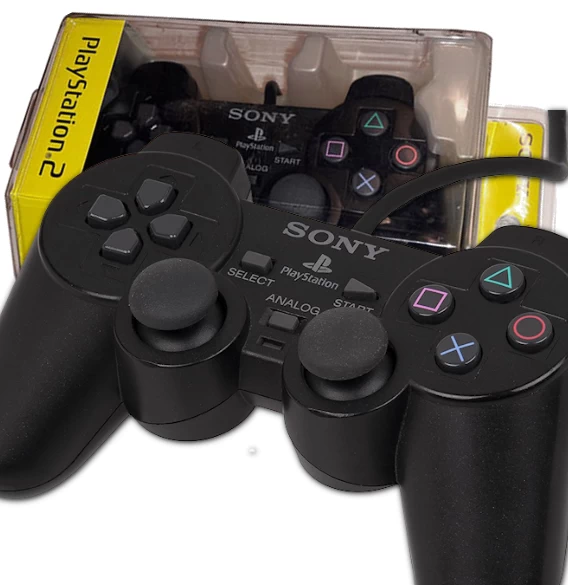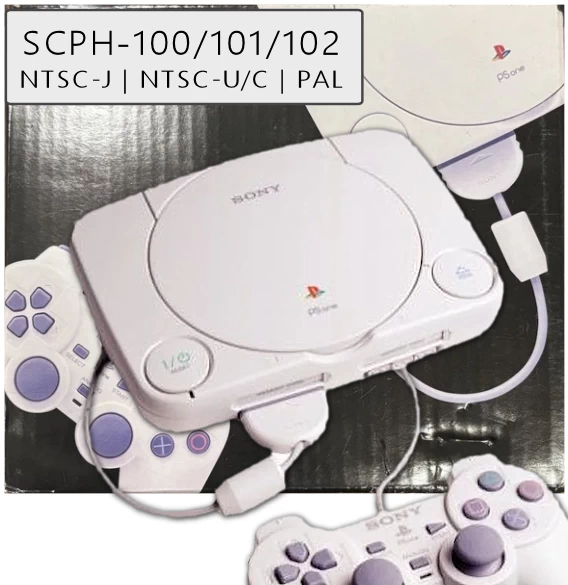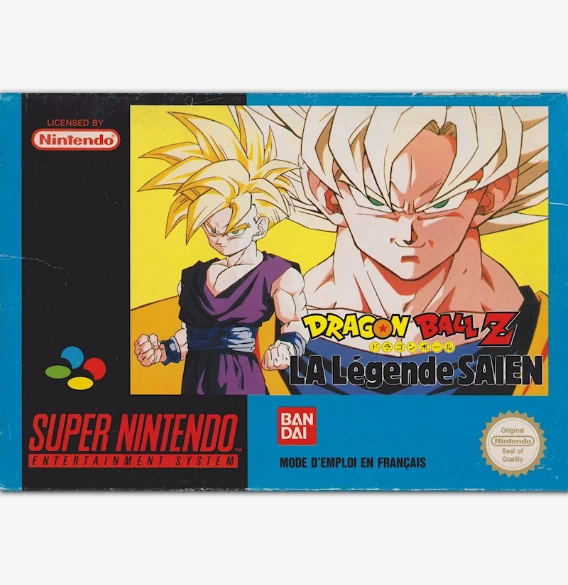All Dragon Ball video games for the PlayStation 5 (PS5)
The PS5: Discover the Dragon Ball games released, their versions, DLCs, and peripherals for the console
FighterZ, Kakarot, Xenoverse 2, Sparking! Zero are some of the titles that have been released on the PlayStation 5 platform.
On 11/12/2020, Sony’s 5th console, the PlayStation 5, was released, entering the ninth generation of consoles, where physical game media is becoming obsolete, online features dominate, and we leap into 4K and 8K gaming.
This console is backward compatible with all Dragon Ball titles released for its predecessor, the PS4, but regardless of this, it has received its own versions of some of those games and exclusive titles, such as Sparking! Zero, which was not released on PS4.
Discover here all the games released for PS5, their DLCs, Season Passes, all the PS5 editions launched, as well as their accessories to enjoy all Dragon Ball games.
Dragon Ball and DBZ games released for the PS5
Here is the complete list of all Dragon Ball titles released for PS5.
This list does not include PS4 games, but remember that all of them are backward compatible, and some are even “upgradable to PS5”.
What does “upgradable to PS5” mean?
This means that, for example, DBZ Kakarot was originally released for PS4, with graphics and FPS adapted to that console. Although it was compatible with PS5, years later the official PS5 version was released, featuring enhanced graphics, higher resolution, and improved FPS.
However, this does not require you to buy the new version: if you already own the PS4 version and install it on your PS5, you can access the enhanced version without purchasing the game again, keeping your save files and DLCs.
All Season Pass, DLCs or expansions for your Dragon Ball games released on PS5.
Find here all the DLCs and Season Passes released for Dragon Ball games on PS5. Take advantage and use the filter to view only the DLCs or expansions for the specific game.
The different versions and models of the PS5 console
Since its launch in 2020, the PlayStation 5 has received various versions that maintain the same technical foundation while improving in design, power efficiency, and size.
Today, there are the two original versions —with disc drive and digital—, the two Slim versions, which are more compact and efficient, and the PS5 Pro, which takes performance a step further with enhanced graphics and processing power.
All versions are fully compatible with each other in terms of games and downloadable content, so any title, including Dragon Ball games, can be enjoyed the same way on any model.
Here’s the list of all models
PS5 accessories and peripherals to play Dragon Ball
You may already have at home a console from when you were younger, or you may have inherited it from a friend or family member, or perhaps you bought it second-hand, but… you’re still missing some accessory or peripheral to be able to play with it, like an adapter or a controller…
So here’s a list of the things you might need to play your console.
More complete lists of Dragon Ball games and video games.
We also have more complete lists of Dragon Ball games and video games cataloged by their gaming platform, including Board Games, PlayStation, Nintendo NES, etc.
Here are some of the Dragon Ball games and video games we have for you:
Discover some of the Dragon Ball games, video games, consoles, and collectible accessories. From the iconic NES and GameBoy to the latest PC, PS5, and X-BOX titles, as well as the timeless board games.
Dragon Ball Z: Kakarot (+ A New Power Awakens Set)
Dragon Ball Z: Kakarot (+ A New Power Awakens Set)
Dragon Ball Z: Kakarot arrives as the first major 3D RPG with an open world and combat worthy of any fighting game. The base game covers the entire Dragon Ball Z story, from the arrival of Raditz to the defeat of Majin Buu, featuring impressive cutscenes and the involvement of Akira Toriyama to fill in narrative gaps from the original work.
The game is single-player and aims to be an RPG in the style of Final Fantasy: item collection, upgrades, leveling up, and skill development, with a semi-open world where players can explore Dragon World and complete side quests and minigames like fishing, baseball, or races.
Combat is similar to that of Xenoverse, but with CyberConnect2's development style (as seen in the Naruto games). The artistic direction was unmatched at the time.
The game launched in 2020 for PC and other consoles, but on the Switch, it was released a year later, including the base game and the first two DLCs. On other platforms, those DLCs must be purchased separately.
Since its release, the game has received several Season Passes, adding content from classic 90s movies, the early Dragon Ball Super movies, and also content from Dragon Ball Daima, among others.
Dragon Ball: Sparking! ZERO (Game-Key Card)
Dragon Ball: Sparking! ZERO (Game-Key Card)
Dragon Ball: Sparking! Zero (Game-Key Card) contains exactly the same as the physical cartridge version sold for Switch 1, but this is a digital version with a box and a card with a key to acquire the game on our console.
This edition only differs from the cartridge version in the branded logo, which here is exclusively decorated for Switch 2, and it includes a key instead of a cartridge (remember that the cartridge on Switch 2 requires a graphical upgrade update, but not on Switch 1).
Game-Key Cards can only be inserted into the Switch 2 to activate the digital game. But remember the game is backward compatible, and if we have it on our Nintendo account, we will have it on both consoles.
Nintendo Gamecube (DOL-101)
Nintendo Gamecube (DOL-101)
The Nintendo GameCube, or DOL-101, was a revision of the first GameCube made to reduce costs and make it slightly cheaper; it was released 3 years after the original.
Essentially and visually, it is the same console: it supports connections for up to four controllers and memory cards, but it has lost the peripheral ports that allowed interconnection with other consoles like the GBA.
This console weighs less and removes the AV-Digital port, Serial 2, the back panel is always black regardless of the console’s color, and the GameCube logo is no longer removable.
In addition, this revision was only released in Japan and America, and it keeps the original’s region lock. Therefore, neither games nor memory cards are compatible between consoles and games from different regions, but there are methods like Freeloader or tinkering with the console to bypass these locks and play your games for collection purposes.
PS one (SCHP-100/SCHP-101/SCHP-102) | NTSC-J · NTSC-U/C · PAL
PS one (SCHP-100/SCHP-101/SCHP-102) | NTSC-J · NTSC-U/C · PAL
The PS one models SCPH-100, SCPH-101, and SCPH-102 were a redesigned version released by Sony of the PS1 in 2000 for its three main regions, replacing the PSX or Classic PlayStation, with the goal of reducing the costs of the SCPH-900X series and moving away from the old design, as well as being the last of this generation.
These models belong to the SCPH-10X series, with the 100 being NTSC-J, the 101 being NTSC-U/C, and the 102 being PAL.
These models are characterized by completely breaking with the original design, now being a lighter, smaller, and curved console. Moreover, it is the most robust and efficient of all PS1 models.
The SCPH-10X series (its 3 models) includes 1 DualShock controller, 1 memory card, SGRAM for the GPU, and the internal power supply, along with the new PU-41 board, smaller and more efficient, replacing the PU-23.
Dragon Ball Z: Super Butōden 2
Dragon Ball Z: Super Butōden 2
Dragon Ball Z: Super Butōden 2 is the third Dragon Ball Z game released for the Super Nintendo and Super Famicom, and it is also the second fighting game for this console, released in late 1993.
It is the direct sequel to Super Butōden 1, so it remains a 2D fighting game with the same feature: when two opponents move far apart, the screen splits in two to simulate a huge stage. In this game, players can fight with up to 11 characters, using melee combos, ki attacks, and flying.
Its story mode covers the Cell Games tournament, the DBZ Bojack movie, and includes alternate “what if” stories, which later inspired the popularity of Tenkaichi Budokai on PS2.
Among the playable characters are Goku, Bojack, Piccolo, Gohan, Frieza, Cell, and with cheats, players can use Cell Jr. and Vegetto.

